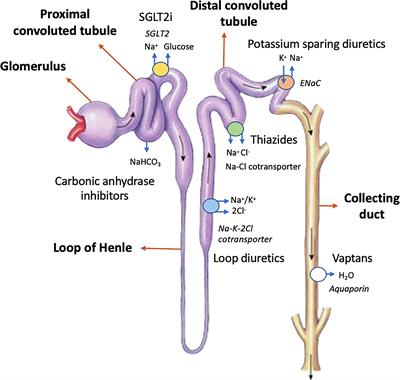Hypertension: Understanding the Silent Threat of High Blood Pressure
– Hypertension, or high blood pressure, occurs when the pressure in the blood vessels is too high (140/90 mmHg or higher).
– It is common but can be serious if left untreated.
– Risk factors for hypertension include age, genetics, being overweight or obese, lack of physical activity, high-salt diet, and excessive alcohol consumption.
– Lifestyle changes such as eating a healthier diet, quitting tobacco, and being more active can help lower blood pressure.
– Blood pressure is measured as two numbers: systolic (when the heart contracts) and diastolic (when the heart rests between beats).
– Hypertension is diagnosed if both systolic and diastolic blood pressure readings on two different days are equal to or greater than 140/90 mmHg.
– Modifiable risk factors for hypertension include unhealthy diets, physical inactivity, tobacco and alcohol use, and being overweight or obese.
– Non-modifiable risk factors include family history of hypertension, age over 65 years, and co-existing diseases such as diabetes or kidney disease.
– Most people with hypertension do not experience symptoms, but very high blood pressures can cause symptoms such as headaches, blurred vision, chest pain, and others.
– Hypertension can lead to other health conditions like kidney disease, heart disease, and stroke if not treated.
– Treatment options include lifestyle changes such as a healthier diet, weight loss, physical activity, and quitting tobacco, as well as medication.
– Blood pressure goals may vary depending on other health conditions, with a goal of less than 130/80 for individuals with cardiovascular disease, diabetes, chronic kidney disease, or high risk for cardiovascular disease.
– The common blood pressure medicines include ACE inhibitors, ARBs, calcium channel blockers, and diuretics.
– Lifestyle changes can also help lower blood pressure, including consuming more fruits and vegetables, being physically active, losing weight if obese, and avoiding salty, fatty, and alcoholic foods.
– Hypertension can lead to complications such as heart damage, chest pain, heart attack, heart failure, irregular heartbeat, stroke, and kidney damage.
– The prevalence of hypertension is higher in low- and middle-income countries.
– The WHO supports efforts to reduce hypertension globally.
– The World Health Organization (WHO) and the United States Centers for Disease Control and Prevention (U.S. CDC) have launched the Global Hearts Initiative, which aims to strengthen the prevention and control of cardiovascular disease.
– As part of this initiative, they have developed the HEARTS technical package, which includes six modules to improve cardiovascular health.
– Since the start of the initiative in 2017, 7.5 million people in 31 low- and middle-income countries have been put on protocol-based hypertension treatment through person-centred models of care.
– These programs demonstrate the feasibility and effectiveness of standardized hypertension control programs.

